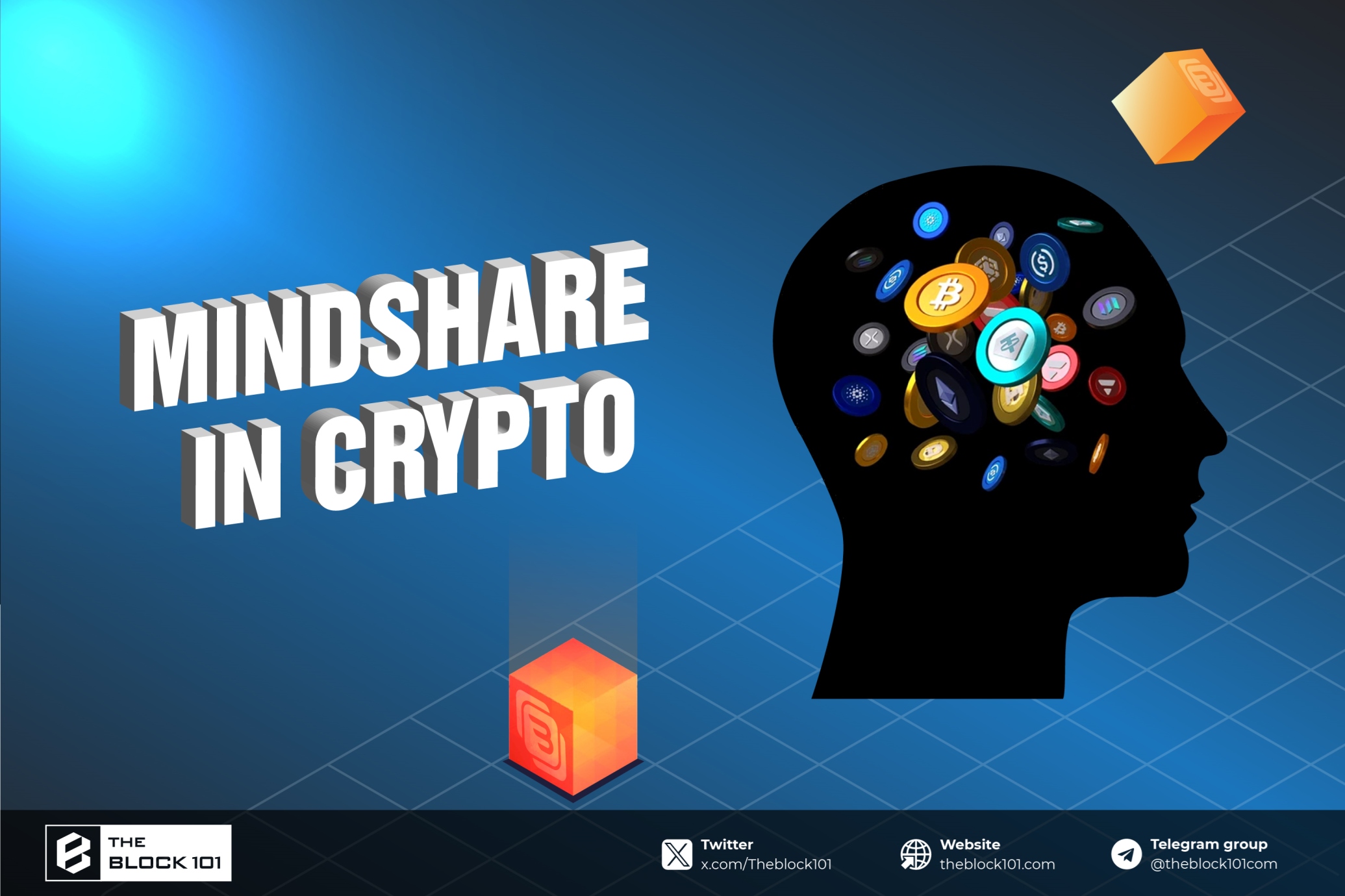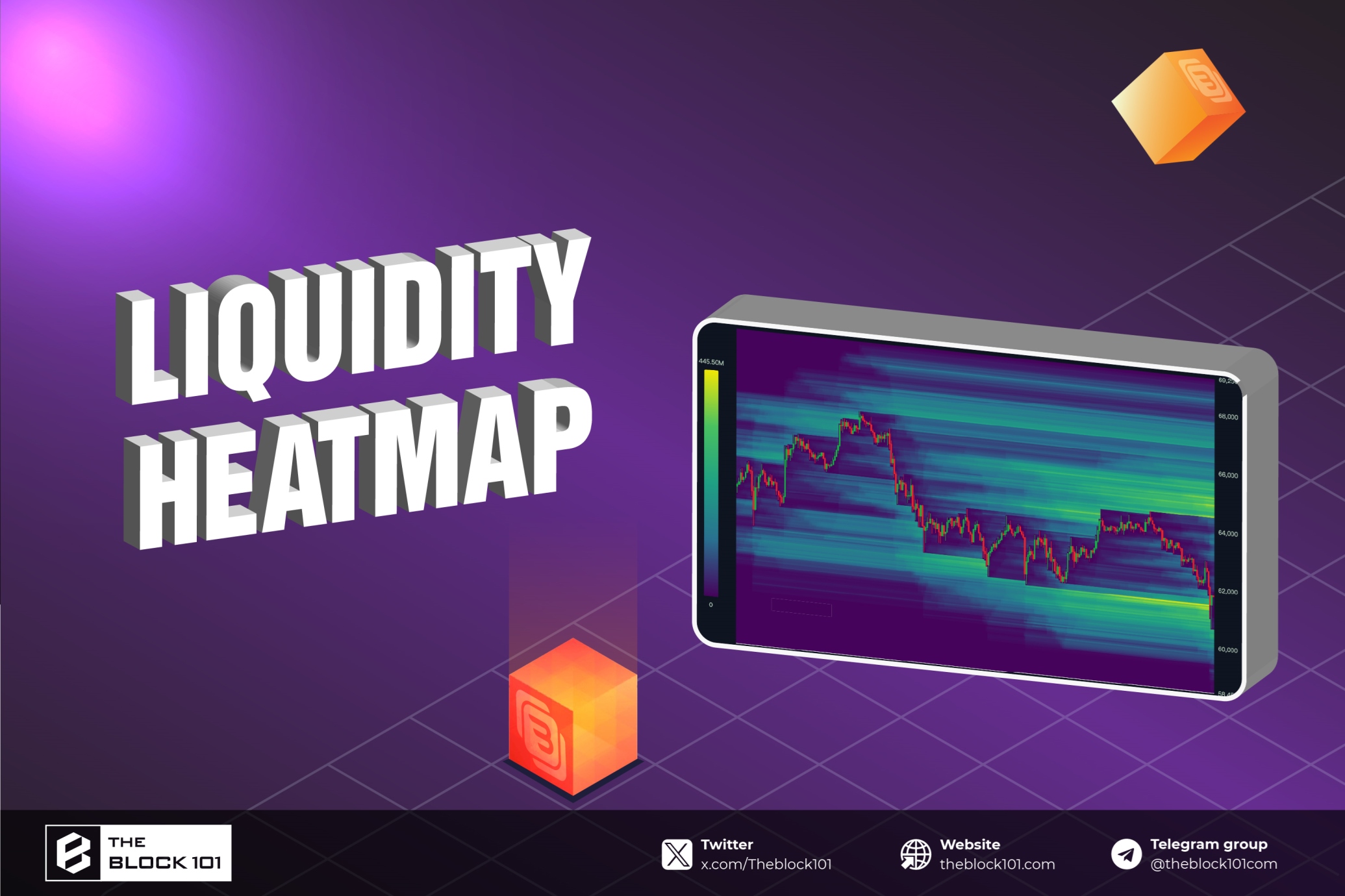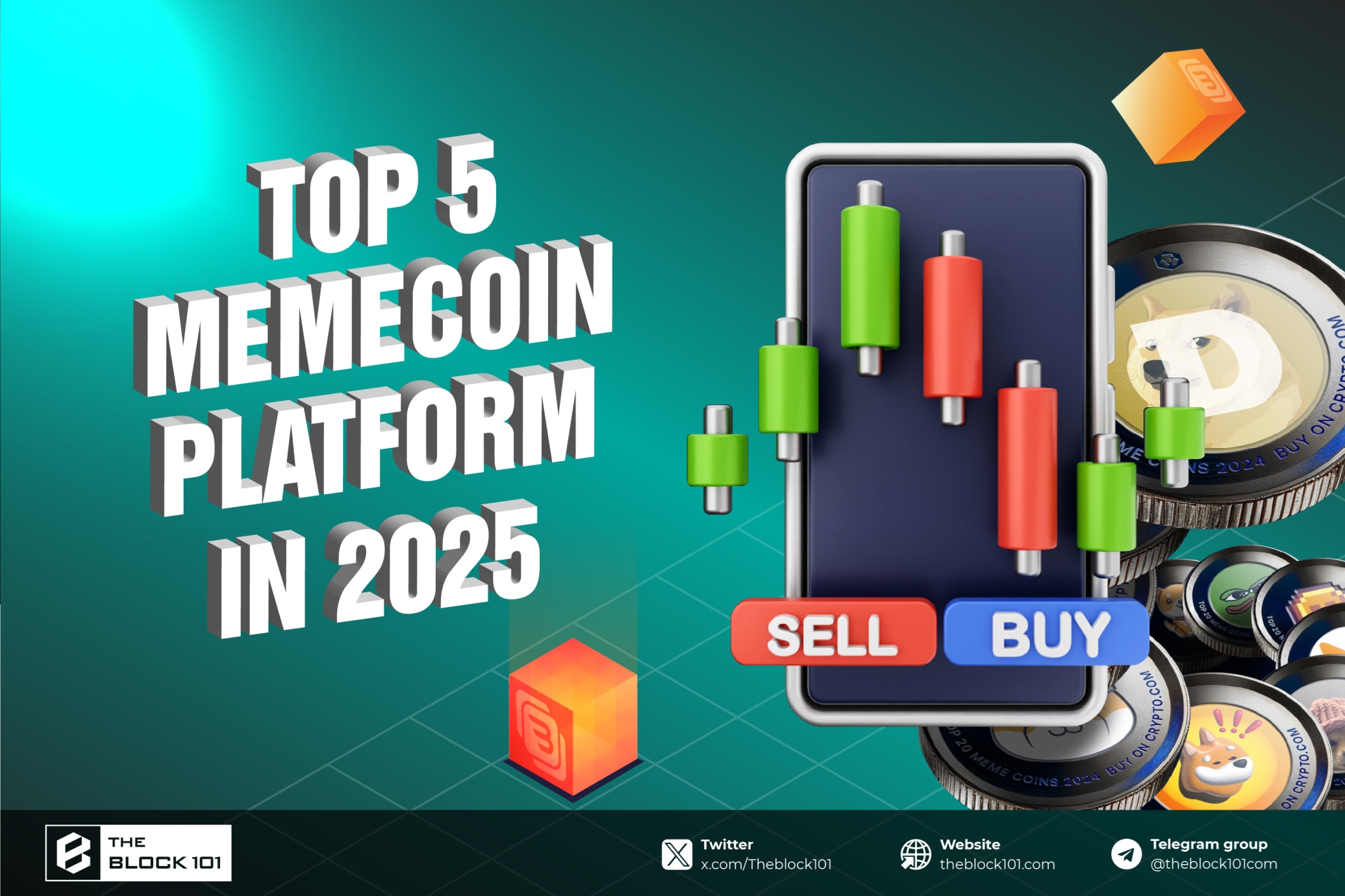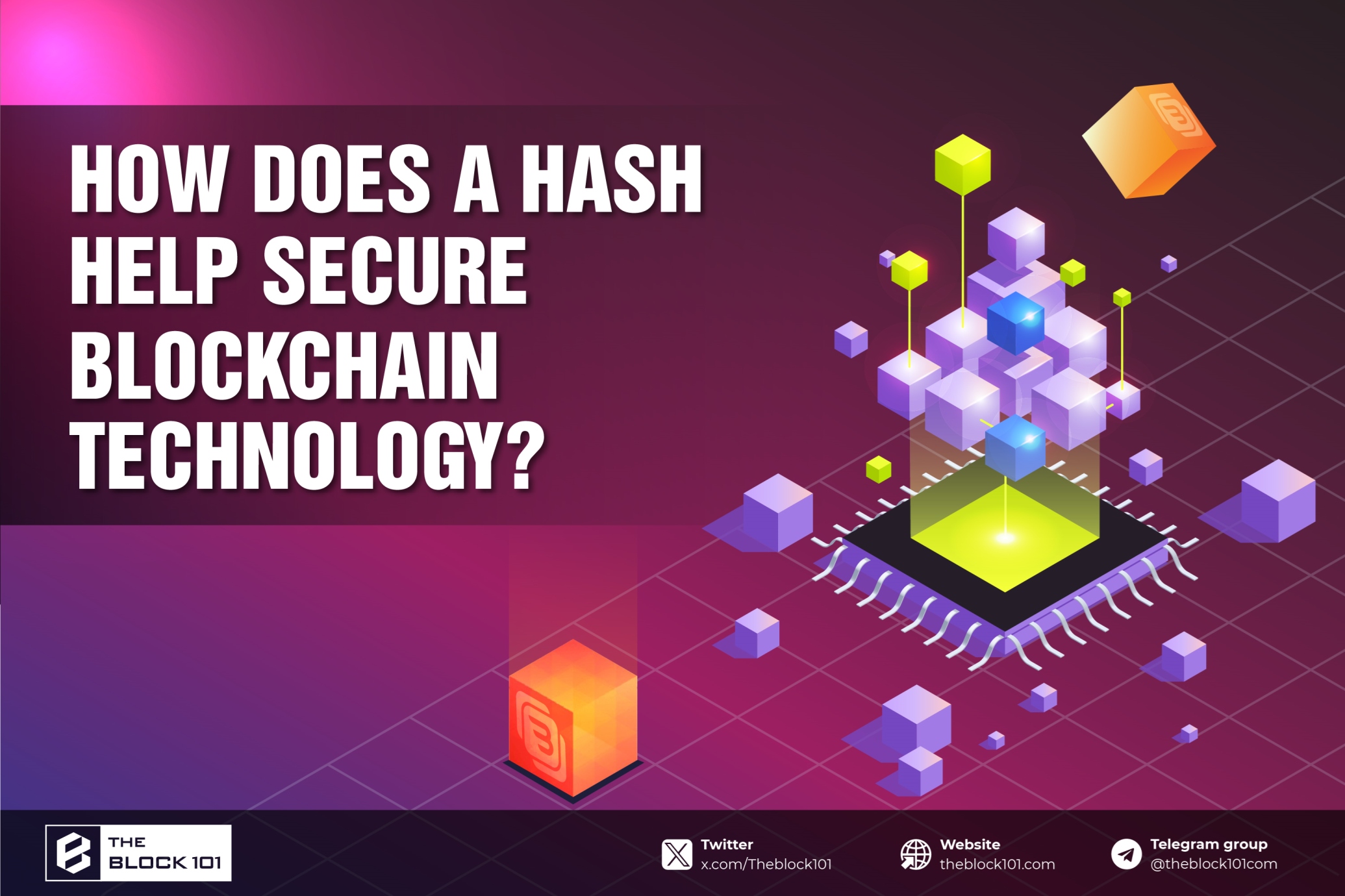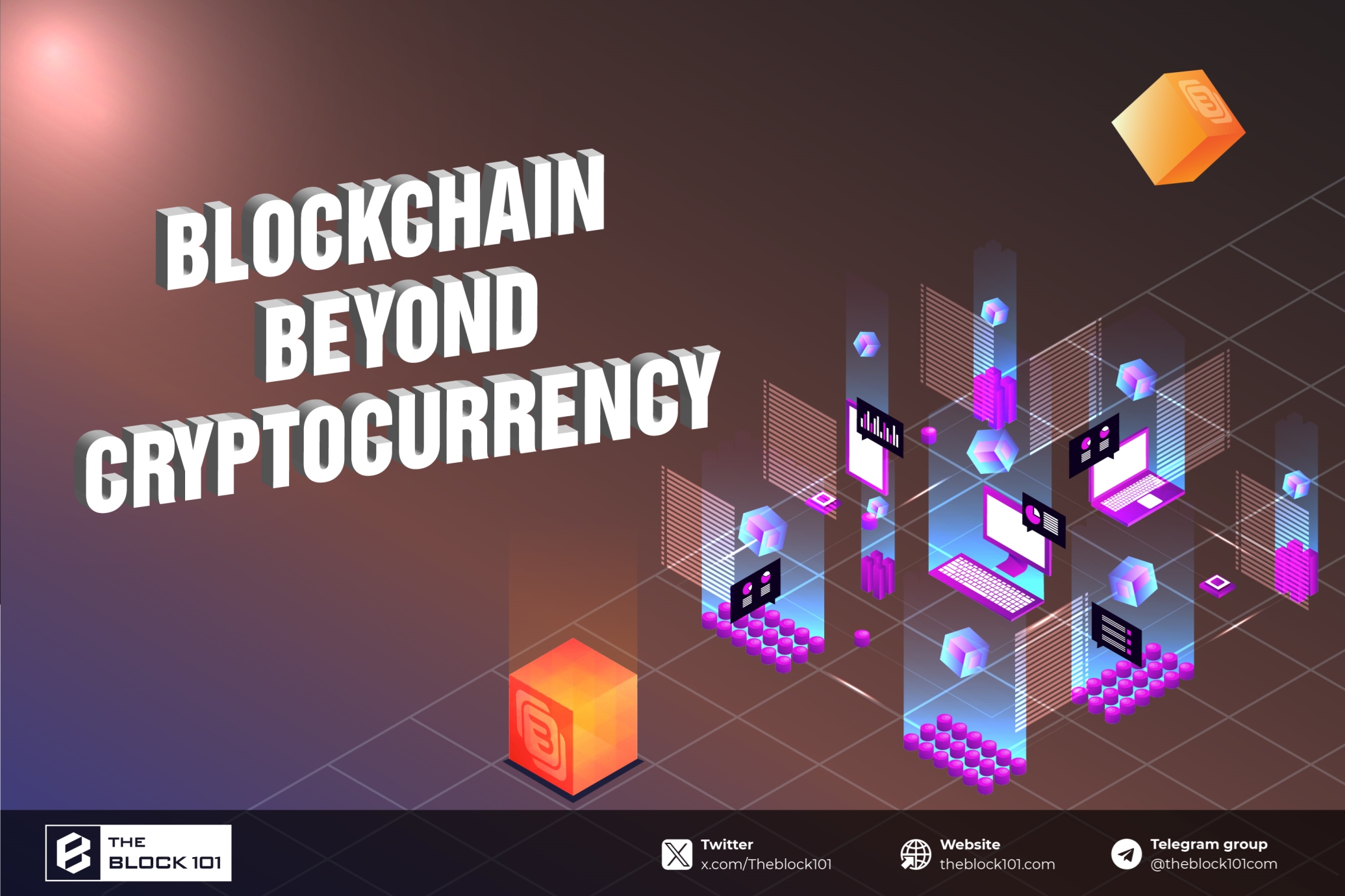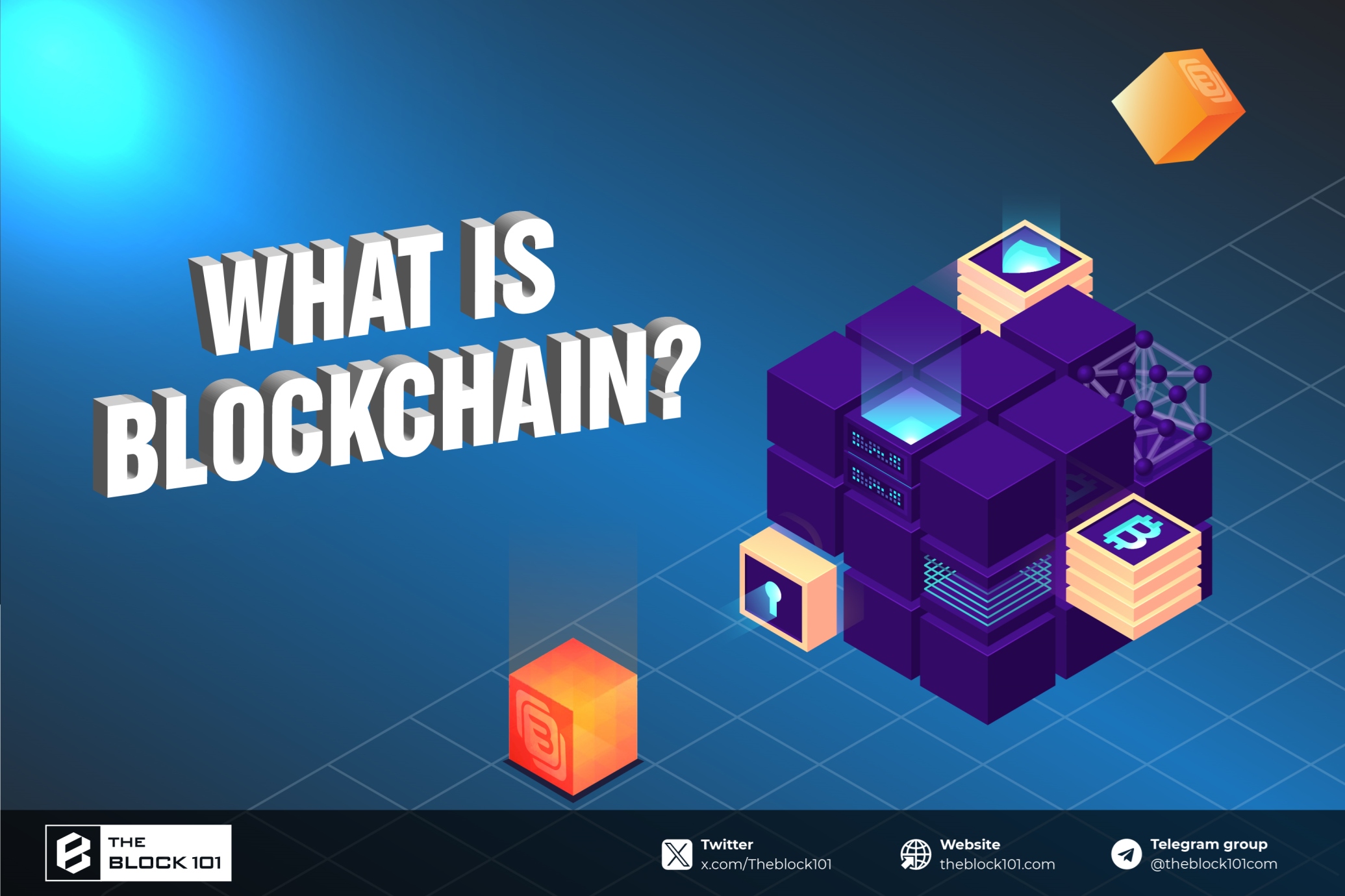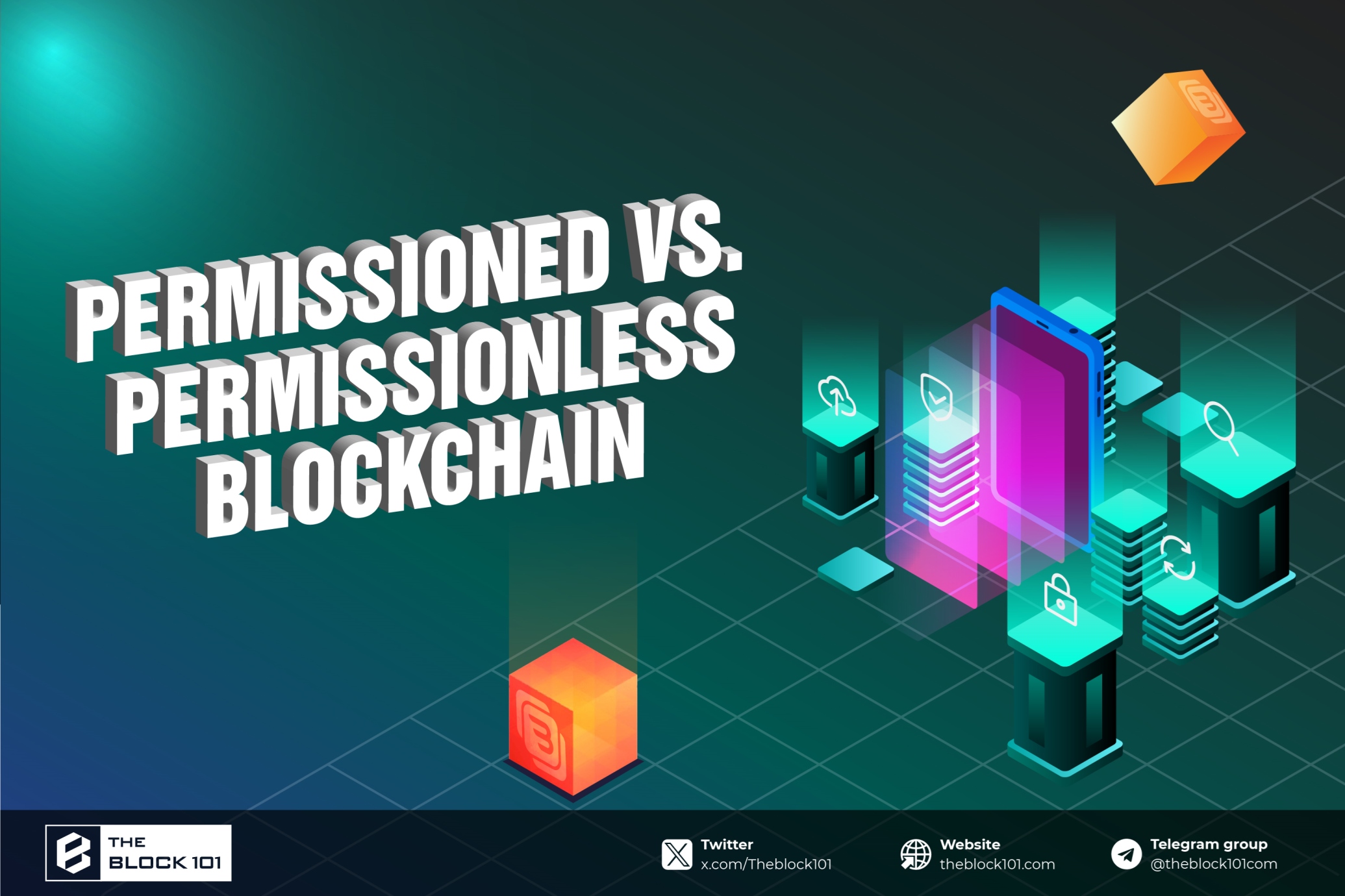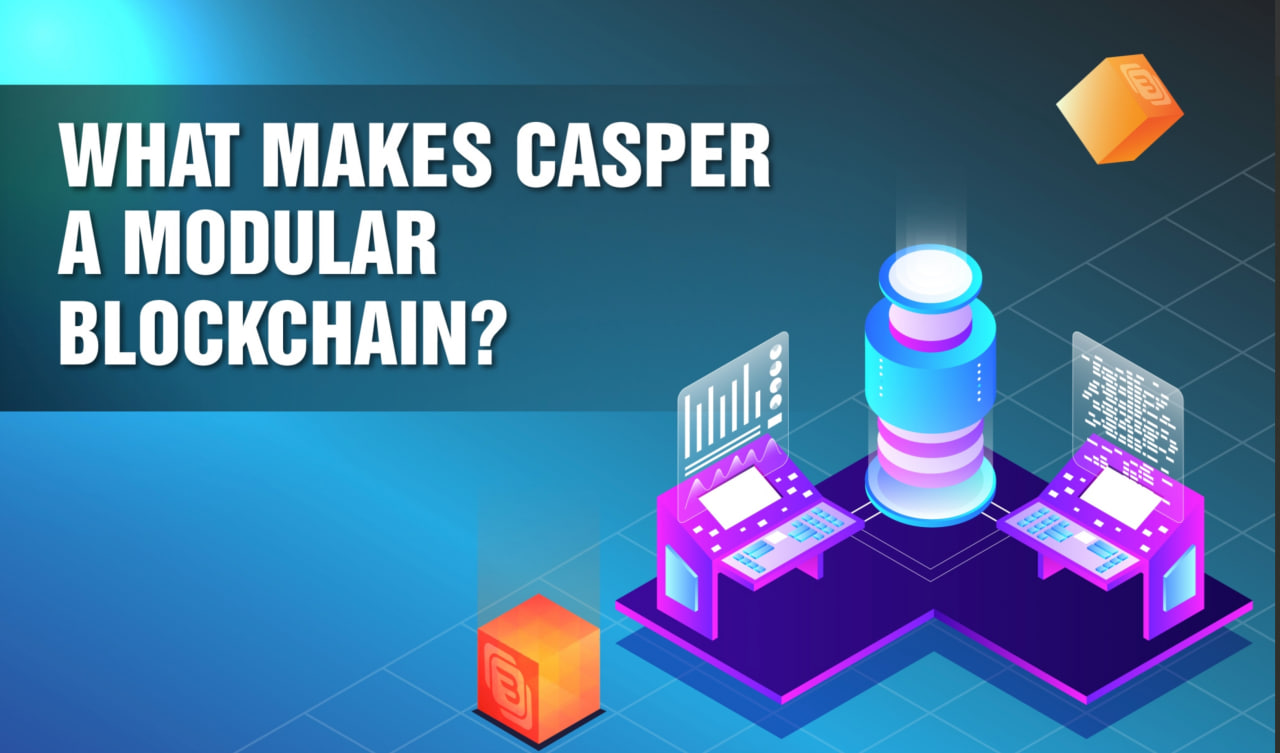1. Introduction to Ethereum and Solana
1.1. What is Ethereum?
Launched in 2015 by Vitalik Buterin, Ethereum is a decentralized platform that enables developers to build and deploy smart contracts and decentralized applications (dApps). Ethereum introduced the concept of a programmable blockchain, which significantly expanded the possibilities of blockchain technology beyond simple transactions. The platform's native cryptocurrency, Ether (ETH), is the second-largest cryptocurrency by market capitalization, trailing only Bitcoin.
1.2. What is Solana?
Solana, on the other hand, is a relatively newer player in the blockchain space. Founded in 2017 by Anatoly Yakovenko, Solana aims to provide high throughput and low-cost transactions. Solana's architecture is designed to be highly scalable, capable of handling thousands of transactions per second (TPS). The native cryptocurrency of the Solana network is SOL.
2. Consensus Mechanisms
One of the fundamental differences between Ethereum and Solana lies in their consensus mechanisms.
Ethereum: Proof of Stake (PoS)
Ethereum initially launched with a Proof of Work (PoW) consensus mechanism but has since transitioned to Proof of Stake (PoS) with the Ethereum 2.0 upgrade. In PoS, validators are chosen to create new blocks and validate transactions based on the number of coins they hold and are willing to "stake" as collateral. This transition aims to improve scalability, reduce energy consumption, and enhance security.
Solana: Proof of History (PoH) and Proof of Stake (PoS)
Solana employs a unique combination of Proof of History (PoH) and Proof of Stake (PoS). PoH is a novel concept that provides a historical record that proves that an event has occurred at a specific moment in time. This mechanism, combined with PoS, allows Solana to achieve high throughput and low latency, making it one of the fastest blockchains in operation.
3. Scalability and Transaction Speed
Scalability and transaction speed are critical factors for any blockchain platform's success.
Ethereum
Ethereum's transition to PoS with Ethereum 2.0 aims to address its scalability issues. The current Ethereum network can handle approximately 30 transactions per second (TPS), but with the implementation of shard chains in Ethereum 2.0, this number is expected to increase significantly. However, until the full deployment of Ethereum 2.0, the network can face congestion and high gas fees during peak times.
Solana
Solana is designed with scalability in mind. The platform can handle up to 65,000 TPS, thanks to its unique combination of PoH and PoS. This high throughput ensures that Solana can support a wide range of applications without experiencing significant delays or high transaction fees.
4. Smart Contracts and dApps
Both Ethereum and Solana support smart contracts and decentralized applications (dApps), but there are differences in their implementation and ecosystem.
Ethereum
Ethereum is the pioneer in the smart contract space, and as a result, it has the largest and most mature ecosystem of dApps. The Ethereum Virtual Machine (EVM) allows developers to write smart contracts using Solidity, a programming language specifically designed for this purpose. Ethereum's extensive developer community, robust tooling, and widespread adoption make it the go-to platform for dApp development.
Solana
Solana also supports smart contracts and dApps, but it uses the Rust and C programming languages. While Solana's ecosystem is growing rapidly, it is not as mature as Ethereum's. However, Solana's high throughput and low fees make it an attractive option for developers looking to build scalable and efficient applications.
5. Security and Decentralization
Security is a paramount concern for any blockchain platform.
Ethereum
Ethereum has a strong track record of security, though it has experienced some high-profile incidents, such as the DAO hack in 2016. The Ethereum network is secured by a large and decentralized network of validators, and the transition to PoS is expected to further enhance its security.
Solana
Solana's security model is still relatively new and less tested compared to Ethereum. The platform has faced some security challenges, including a major outage in September 2021 caused by a denial-of-service attack. However, Solana is continuously improving its security mechanisms to prevent such incidents in the future.
6. Community and Ecosystem
The community and ecosystem surrounding a blockchain platform can significantly impact its success and adoption.
Ethereum
Ethereum has one of the largest and most active communities in the blockchain space. The Ethereum ecosystem includes a vast array of dApps, DeFi platforms, NFTs, and more. This extensive ecosystem attracts developers, investors, and users, creating a positive feedback loop that drives further growth and innovation.
Solana
Solana's community is growing rapidly, driven by its high performance and low-cost transactions. The platform has attracted numerous projects and developers, particularly in the DeFi and NFT spaces. Solana's ecosystem is not as extensive as Ethereum's, but it is expanding quickly, with new projects and partnerships being announced regularly.
7. Use Cases and Real-World Applications
Both Ethereum and Solana support a wide range of use cases, but their unique features make them more suitable for different types of applications.
Ethereum
Ethereum's extensive ecosystem and mature development tools make it ideal for complex dApps, DeFi platforms, and NFTs. The platform's wide adoption and strong community support also make it a popular choice for enterprises looking to build on a reliable and well-established blockchain.
Solana
Solana's high throughput and low fees make it an excellent choice for applications that require high scalability and fast transaction speeds, such as gaming, decentralized exchanges (DEXs), and real-time applications. Solana's growing ecosystem and developer-friendly environment also make it a strong contender for new projects looking to leverage its unique capabilities.
8. Future Outlook and Roadmaps
Ethereum
Ethereum's future is centered around the Ethereum 2.0 upgrade, which aims to enhance scalability, security, and sustainability. The transition to PoS and the implementation of sharding are key components of this upgrade. Ethereum continues to innovate with Layer 2 solutions like Optimistic Rollups and zk-Rollups, which further improve scalability and reduce fees.
Solana
Solana is focused on expanding its ecosystem and improving its infrastructure. The Solana Foundation supports developers through grants and educational resources. Upcoming developments include enhancing the network's stability and decentralization, as well as fostering interoperability with other blockchains through bridges and cross-chain solutions.
9. Conclusion: Ethereum vs. Solana
In summary, both Ethereum and Solana offer unique strengths and cater to different needs within the blockchain ecosystem.
Ethereum is renowned for its established developer community, robust security, and extensive dApp ecosystem. It is ideal for applications requiring high security and decentralization, despite its current scalability challenges and higher transaction fees.
Solana excels in scalability and speed, making it suitable for high-performance applications and micro-transactions. Its low transaction costs and fast processing times attract developers seeking efficient and scalable solutions, though it may be less decentralized compared to Ethereum.
Ultimately, the choice between Ethereum and Solana depends on the specific requirements of the project and the priorities of the developers and users involved. Both platforms are likely to play significant roles in the future of blockchain technology, driving innovation and adoption in their unique ways.
Read more:

 English
English Tiếng Việt
Tiếng Việt.jpg)
